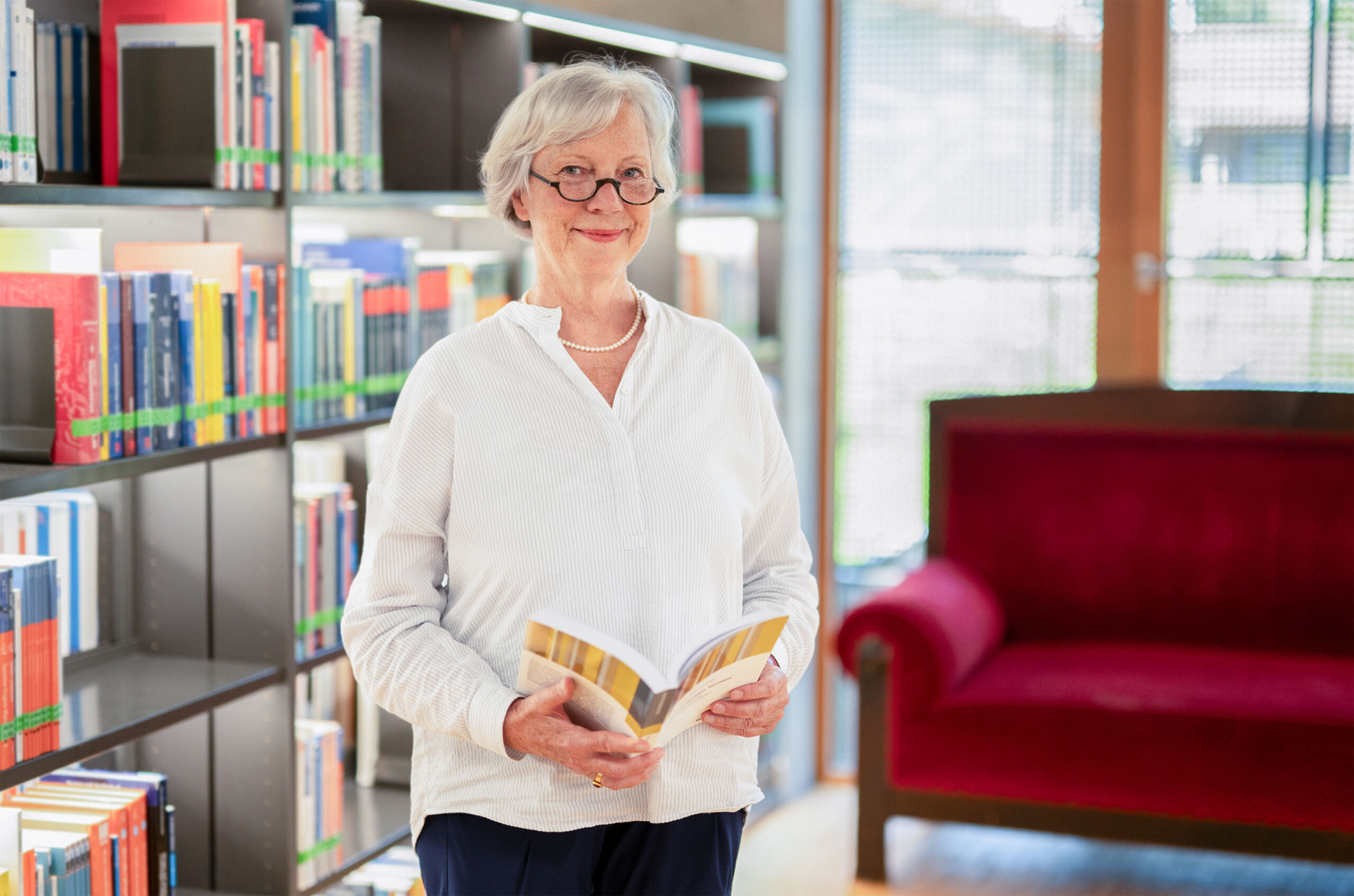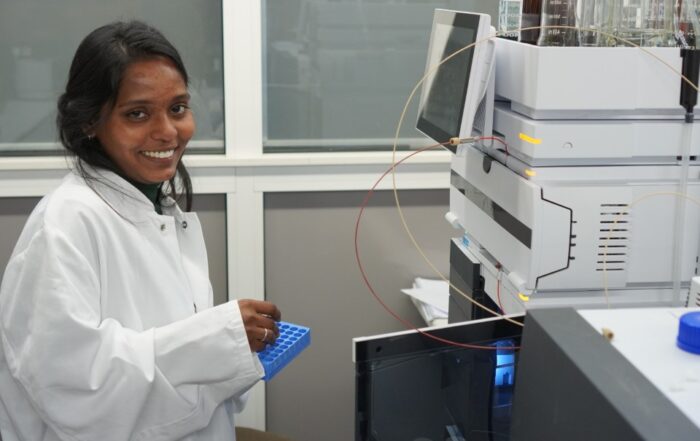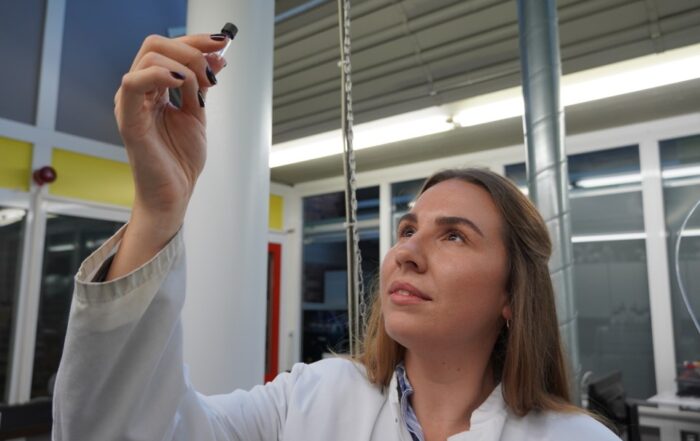15. August '24
By Natalie Schalk
While many are currently focusing on what divides and separates society, adult education centers see themselves as places that connect, that bring people together for reflection and exchange. Prof. Dr. Veronika Hammer from the Faculty of Social Work at Coburg University of Applied Sciences has published an academic anthology on how democracy and its necessary interpersonal culture are learned in general and specifically at adult education centers. The book combines profound insights from theory with lively suggestions using the example of the vhs Kreis Kronach.
Climate change, the coronavirus pandemic, refugee and migration issues, wars in and outside Europe: such extraordinary crises are unsettling many people. “Western democracies seem to be fragile at the moment,” says Prof. Dr. Veronika Hammer from the Faculty of Social Work at Coburg University of Applied Sciences. Democracy cannot be taken for granted. It is a social process and democratic skills have to be learned and practiced again and again. There are no specific educational requirements for a vhs course and the prices are socially acceptable. High-quality education without major hurdles – this is why adult education centers are the largest institutions of independent adult education in Germany and are also very important when it comes to learning democracy. Especially in rural areas. As a professor at Coburg University of Applied Sciences, Hammer has therefore published an academic anthology on adult education centers in the context of democracy learning in rural areas.
The book, which has just been published by Beltz Juventa Verlag, is entitled “Demokratie lernen – Ländliche Räume und Volkshochschulen” (Learning democracy – rural areas and adult education centers) and focuses on the adult education center in the district of Kronach as an exemplary model. Contributions from renowned academics from all over Germany set a professional tone. In this way, a profound, qualified spectrum of perspectives on the three major topics “Learning democracy”, “Rural areas” and “Adult education centers and democracy” is opened up. Sometimes it’s about populism, sometimes about “learning democracy with angry citizens”, sometimes about what experiencing democracy has to do with cycling.
Stimulating action, teaching and research
New formats of mutual respect encourage peaceful, reflective coexistence in communities. Experts from the vhs and the Kronach region also have their say. One chapter uses the example of the Lucas-Cranach-Campus Kronach, which is a location of the Coburg University of Applied Sciences, to illustrate how progress can be made together through mutual exchange. In another chapter, students of social work at Coburg University of Applied Sciences report on a teaching research project. As the book offers reflections from practice and applied teaching in the vhs Kreis Kronach model region alongside academic essays, it is suitable for practitioners from youth and adult education, social work, culture, politics, media, sociology, education and psychology. “The book is intended to motivate action, teaching and research,” explains Hammer.
“The aim is to develop and implement democratically oriented forms of education and culture that enable constructive and value-oriented action. The connection with our free democratic basic order serves to engage with other people with joy and confidence.”
Political education is more than just imparting theoretical knowledge about the institutions and structures of democracy. It requires a democratic culture of debate that makes it possible to negotiate conflicts and find solutions for peaceful coexistence and an inclusive and united community through dialog about current challenges. The book offers scientifically sound suggestions on how democracy and its necessary interpersonal culture can be learned and practiced.
About the book:
Veronika Hammer (ed.): Demokratie lernen. Rural areas and adult education centers. 2024, 431 pages paperback, € 38.00, Beltz Juventa. ISBN 978-3-7799-7471-0. Also available as an open access e-book: https://www.beltz.de/fachmedien/sozialpaedagogik_soziale_arbeit/produkte/details/51965-demokratie-lernen.html






